Kim Eckhoff
Librarian
City of Tolleson
Assigned to complete a Master’s-level course assignment a few years ago, Kim Eckhoff stepped into the Tolleson Public Library to evaluate the small and rural public library from a customer’s perspective and develop a plan from a librarian’s perspective to make it better.
The library’s centralized location inspired so many ideas in Kim.
From 1997 through 2013, Kim was a teacher and school librarian for the Tolleson Elementary School District. Having come to know children, parents and educators in the close-knit community very well while working as their teacher-librarian, she believed some reorganization and expanded programming would have a positive impact on the community. When the position for the city’s librarian became open, Kim was thrilled with the idea to apply and was given the opportunity to set in motion some of the ideas she had put into her assignment.
Libraries have always held a special place in Kim’s heart. As a college student, she found a part-time job working in the school library.
“To me, that was a coup, since the library has always been a special place for me. My mother was a librarian who made sure I had books in my hands every day, especially when I was a developing reader. I feel like a duck in water when I’m in a library,” says Kim.
Those feelings remain the same, as she still loves when she can recommend just the right book to a customer and help them find another when they return raving about her first recommendation.
Literature is still igniting imagination in Kim. After reading a book about a dragon last year with the library’s junior book club, she decided to build a dragon out of paper mache for the city’s Luces de Navidad Parade. It was 10 feet high and 15 feet long.
“I’ve had a lot of big ideas like that over the years and fortunately I have a husband who understands my wild ideas and helps me build them!” Kim says.
As a librarian in a small community, Kim has the opportunity to wear many hats. She spends a lot of time networking with other librarians in Arizona and nationally. She also runs with a lot of ideas to develop programming, coordinating the summer reading program, book clubs, a tutoring program and STEM (Science, Technology, Engineering and Math) activities. The library staff also collaborates with other city departments to bring literacy awareness to city events.
“I march in parades, write grants, purchase books, and build the library collection,” Kim says. “Each day is different.”
She also finds that she’s witnessed some strides, both big and small, that the library staff has made this year. From kids chanting rhymes and building their appreciation for literature during story time, to adults learning how to use an e-reader for the first time, Kim feels proud about each accomplishment.
“Libraries transform communities and it’s really satisfying to be a part of that.”
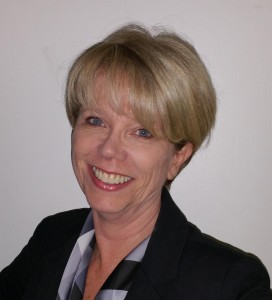
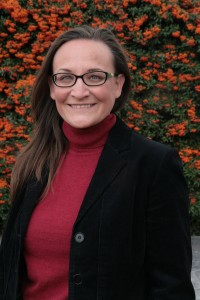
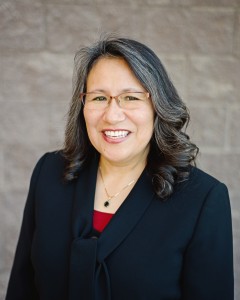
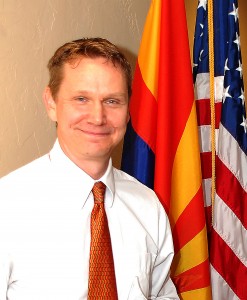
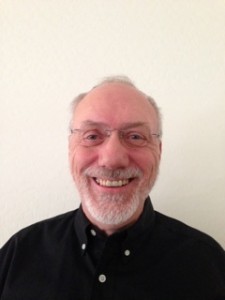
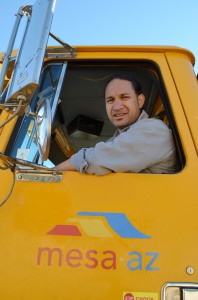
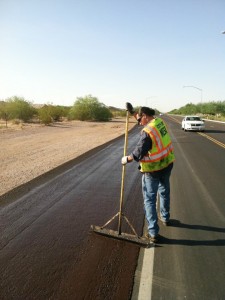
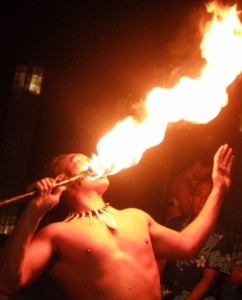
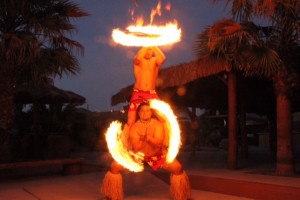
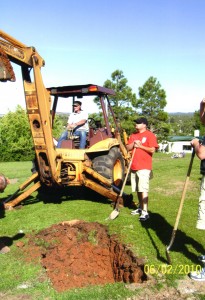
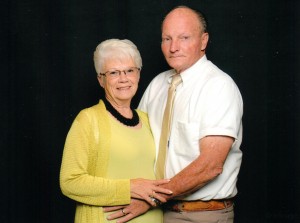
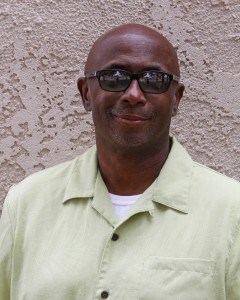
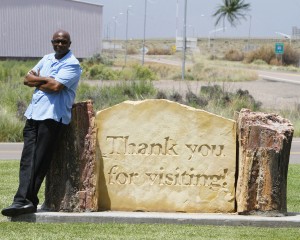
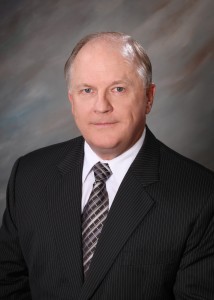
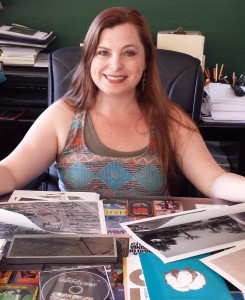
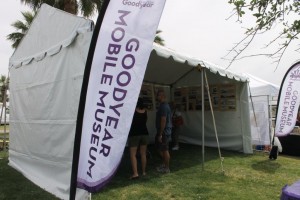
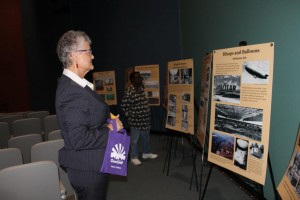 Those images now can be seen on 20 different displays, each depicting Goodyear’s beginnings through its founder – Goodyear Tire and Rubber Co. Executive Paul Litchfield, the town’s history in cotton growing, and its rich history in defense and aerospace industries through Goodyear Aerospace and Lockheed Martin. Then, there’s the story of Goodyear’s rapid growth just before it became the spring training home of the Cleveland Indians and Cincinnati Reds.
Those images now can be seen on 20 different displays, each depicting Goodyear’s beginnings through its founder – Goodyear Tire and Rubber Co. Executive Paul Litchfield, the town’s history in cotton growing, and its rich history in defense and aerospace industries through Goodyear Aerospace and Lockheed Martin. Then, there’s the story of Goodyear’s rapid growth just before it became the spring training home of the Cleveland Indians and Cincinnati Reds.